Is Franchising Right for Me?
CHARACTERISTICS OF A SUCCESSFUL FRANCHISEE
Just know that different franchisors are seeking different things, depending on their business model and whether you plan to be an owner operator or semi-absentee owner who manages the manager. Those characteristics required of someone who owns an oil change business are going to be quite different than those in the senior care field. And those who operate an IT services business is going to be drastically different from someone who owns a fitness franchise.
When it comes down to who you have to be to be a successful franchisee, it’s not a one-size fits all solution. However, I do believe it is helpful for you to understand those characteristics that seem to among the most important in business and especially in working within franchising.

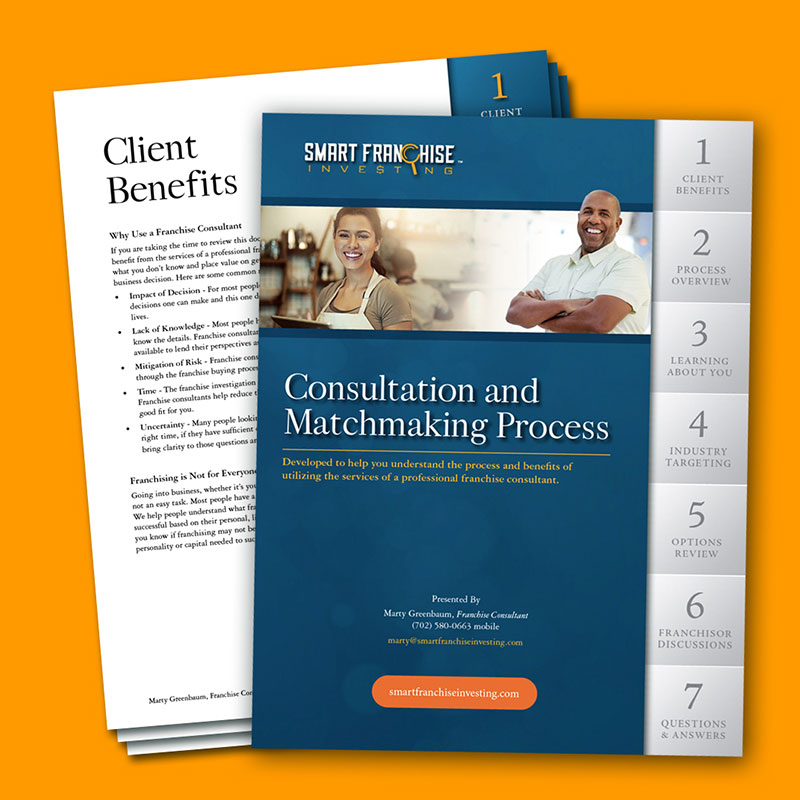


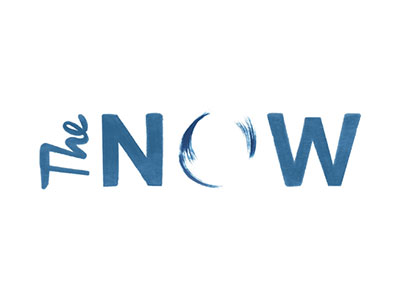
Franchise Fee: $60,000
Royalty: 6%
Locations: 16 open / 100 sold



Franchise Fee: $30,000
Royalty: 6%
Locations: 7 open / 29 sold



Franchise Fee: $49,500
Royalty: 6%
Locations: 29 open / 100 sold

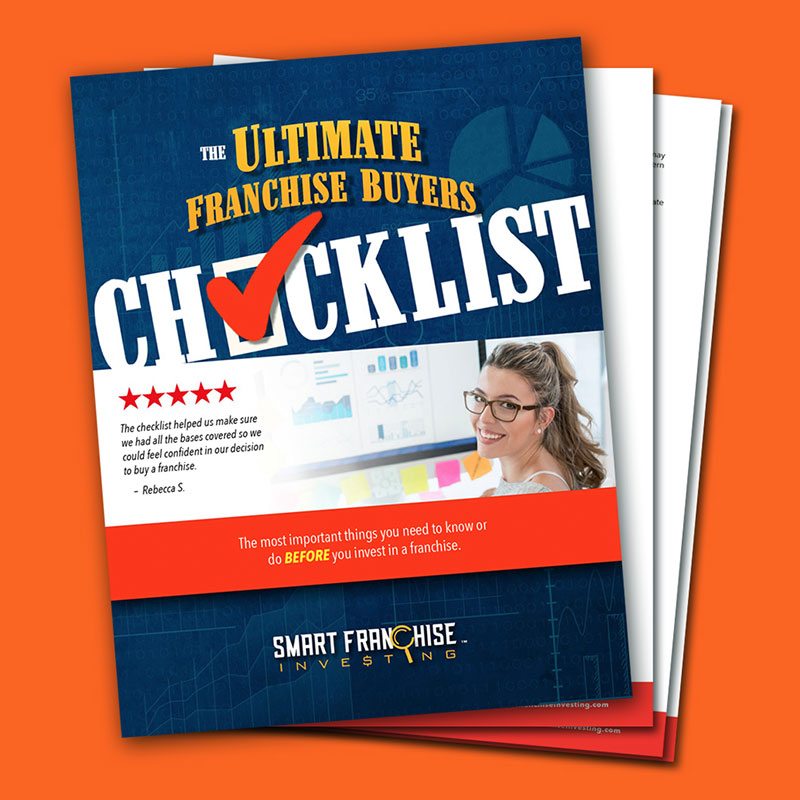


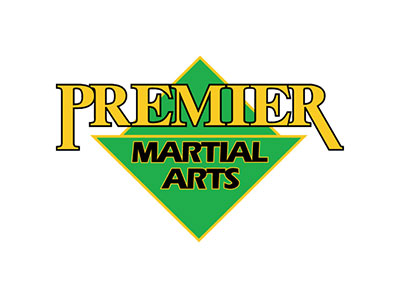
Franchise Fee: $49,500
Royalty: 7%
Locations: 175 open / 632 sold

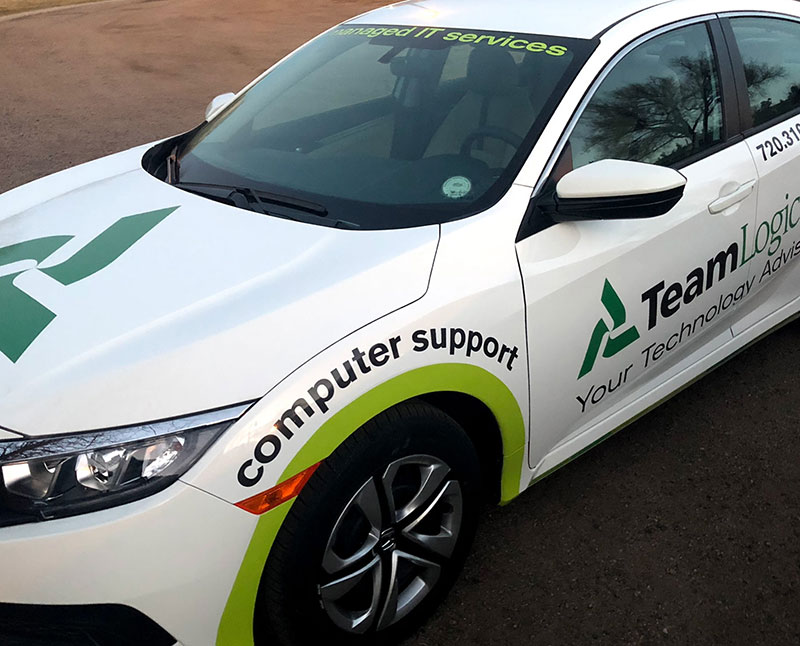
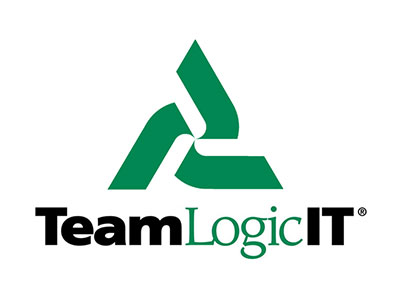
Franchise Fee: $45,000
Royalty: 7%
Locations: 236 open
WHAT’S EXPECTED OF YOU
It’s easy to get caught up into the excitement of franchising and all the possibilities that may be open to you. But it doesn’t take long until you start to understand that with being a franchise there also comes responsibilities. As you take a deeper dive into franchising and have conversations with franchisors, they’ll make sure you 100% understand what’s required of you. And although you may view the following from a certain perspective, just know that thousands and thousands of people opted to join a franchise irrespective of the following:
- Investment – Franchisors include an investment range in the Franchise Disclosure Document which you will need to be prepared to make. Outside of the franchise fee (which averages $50k), the majority of the funds are similar to that if you were opening an independent business. They want to be sure you are prepared to handle the initial investment and have enough working capital and living expenses until the business can sustain itself and your needs.
- Royalties & Ongoing Fees – Royalties typically range 6-8% of gross revenues and are paid electronically to the franchisor on a monthly basis. It is likely that you’ll also be paying a national brand / marketing fee of 1-2% of gross revenues. Some franchises will have a technology fees which is a fixed monthly fee and others may have fees related to call centers (common with service franchises).
- Brand – Every franchise maintains brand standards that must be adhered to. Standards are in place to protect the brand and make sure individual franchisees are not taking liberties with the brand that could hurt the brand and all the franchisees. Franchisors expect you to abide by the brand standards and have penalties for those who don’t.
- Follow the System – Franchisors expect you to follow their proven systems and for good reason. By doing so, it ensures that franchises across the country can provide a consistent product or service to customers. That consistency is key to building brand equity and optimizing the customer experience and satisfaction. They’ve also developed their systems for efficiency and profitability reasons. Not adhering to franchise systems could mean that you are jeopardizing the success of your business.
- Territory – Each franchisee is granted a “protected” and exclusive territory. You are expected to stay within your territory boundaries and not infringe on other franchisees business potential.
ARE YOU BUYING YOURSELF A JOB?
The obvious answer to that question is NO. Franchising offers an opportunity to grow a business within the framework that a franchisor provides. In most cases, the framework has been proven to help franchise owners attain a reasonable (to sometimes high) degree of success.
If you were to buy a service franchise (chuck in a truck) and do all the work yourself, never hiring an employee, it may seem that you would be buying yourself a job. However, if you built that business up over the years and were able to sell that business for a substantial amount of money, then the franchise would be viewed as more of an investment. Owning a franchise makes you the boss, you make the decisions, and you don’t have to be accountable to anyone else other than your customers and the franchise system.
DO I NEED TO BE AN ENTREPRENEUR?
When I think of being an entrepreneur, I think of those people that are innovators in their respective industries that have forged new ways of doing things. People often use the word “entrepreneur” with “business owner” interchangeably, and I argue that it is wrong. True entrepreneurs are creators, developing every aspect of their business model and focused on how they are going to differentiate themselves in the marketplace by offering solutions to people that are unique. Conversely, a “business owner” doesn’t have to be an entrepreneur. In fact, there’s typically a lot of risk and financial resources connected with being an entrepreneur.
Why reinvent the wheel if you can benefit from the entrepreneurs that have created franchised business models that enable you to reach or surpass your goals? Thousands of people each year decide to become business owners, leveraging everything that franchising has to offer. You can too.
INDUSTRY EXPERIENCE NOT REQUIRED
Most people begin their franchise search looking for franchises where they have some degree of experience or in an industry they have been working in most of their lives. The fact is, most franchisors don’t require you to have and experience in their business or specific industry. They are looking for people with business acumen, certain personality traits, and specific capabilities and the rest they will teach you.
In my experience, people tend to gravitate to what they know because they are under the belief that they will have a higher degree of success with what they know. But if “what you know” hasn’t been able to help you achieve your goals up until now, why would you limit yourself? What people don’t realize is that they have picked up skills and abilities along the way that are transferrable to all kinds of businesses.
Getting back to the franchisor side of this equation, they actually prefer that you are a “blank slate” when it comes to their business. They don’t want to have to help you un-learn false assumptions and bad habits that haven’t served you in the past.
